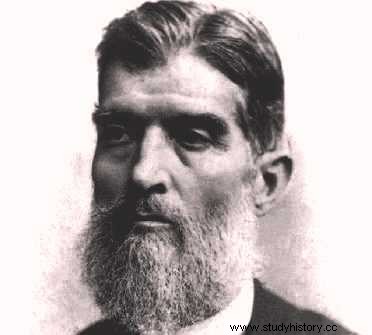
The establishment of the republican regime in Brazil was justified by the tensions undertaken by the political centralization of the monarchical government. In this way, the Republic promised to lead Brazil to the indispensable changes that would take the nation out of the backwardness promoted by conservatism.
However, the very process of implementing the republican government was not driven by a notorious popular mobilization. Armed with troops and weapons, representatives of military institutions created the new government. Responsible for providing the necessary conditions for the creation of liberal and democratic institutions, the military did not fulfill the ideals they defended.
The text of the new constitution, written in 1890, for example, favored the indirect election of the country's first president. In this way, the new regime delayed the implementation of democratic practices within the country. Furthermore, the adoption of non-secret voting was another instrument of political manipulation of the new Republic of Brazil.
Only in 1894, six years after the creation of the Republic, there was the election of the first president elected by direct vote. A representative of the coffee oligarchies of São Paulo, our first president, Prudente de Morais, was in favor of the “positivist republican project”, defending the thesis that the Republic would favor the modernization of the country, defending measures linked to the consolidation of a national bourgeoisie.
What in theory represented national development, in practice served to give rise to the installation of agrarian elites in the structures of the nation's political power. Thus, the first presidential election was far from annihilating the problems of poverty and social exclusion in Brazil. In fact, the Republic inaugurated the height of corrupt political actions favorable to a small portion of the population.
It is not by chance that the government of Prudente de Morais was the scene of the Canudos episode and the emergence of the cangaço. Thus, we must have a clear notion that the republic does not inaugurate the realization of institutions of popular representation concerned with defending the principles of democracy.
